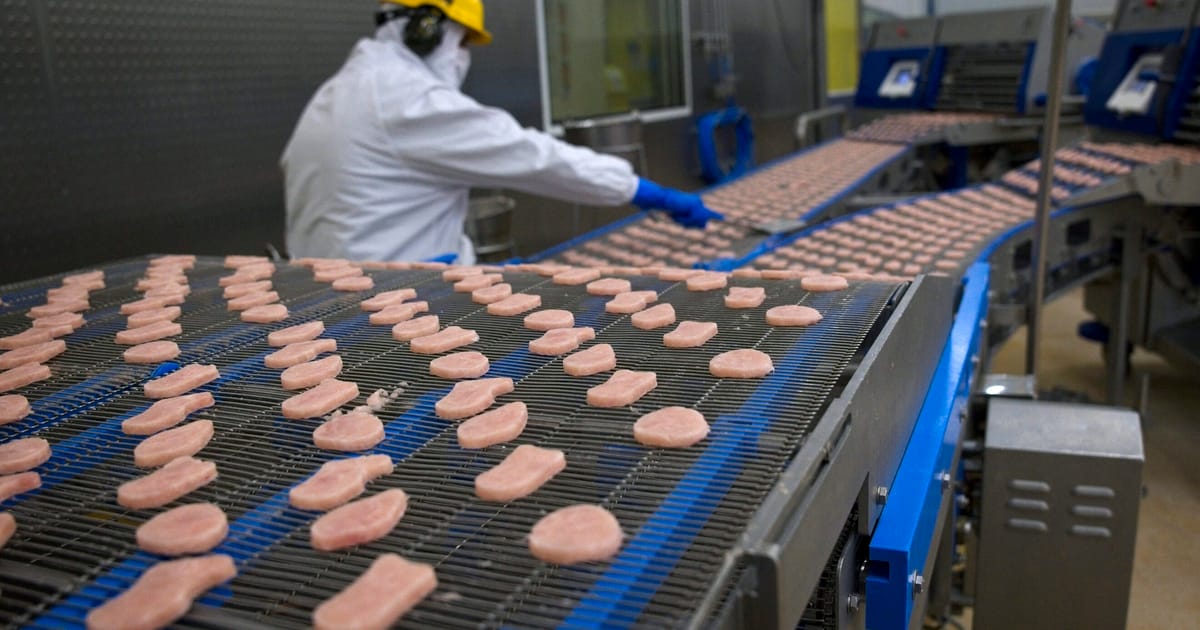- cross-posted to:
- [email protected]
- cross-posted to:
- [email protected]
“We have to stop destroying the planet as we feed ourselves,” a World Bank official said, as red meat and dairy drive CO2 emissions.
Cows and milk are out, chicken and broccoli are in — if the World Bank has its way, that is.
In a new paper, the international financial lender suggests repurposing the billions rich countries spend to boost CO2-rich products like red meat and dairy for more climate-friendly options like poultry, fruits and vegetables. It’s one of the most cost-effective ways to save the planet from climate change, the bank argues.
The politically touchy recommendation — sure to make certain conservatives and European countries apoplectic — is one of several suggestions the World Bank offers to cut climate-harming pollution from the agricultural and food sectors, which are responsible for nearly a third of global greenhouse gas emissions.
…
The paper comes at a diplomatically strategic moment, as countries signed on to the Paris Agreement — the global pact calling to limit global warming to 1.5 degrees Celsius — prepare to update their climate plans by late 2025.



I would think that’s implied. Almost every activity where you’re creating something can be considered harmful because you can’t create something from nothing.
If we take the stance that we should consider harm in absolute, then whatever support you might be getting should be cut off because we individually are the most harmful being on the planet. It wouldn’t matter if you cut yourself off from society, build a little cottage in the woods and live a frugal lifestyle, the absolute harm is still many times higher than any other non-human living being on the planet could have. The good it would do doesn’t matter because we’re only looking at harm.
In what way does it benefit the discussion to talk about harm in absolute? Because from my perspective it has no benefits, it just comes across as a contrarian copout.